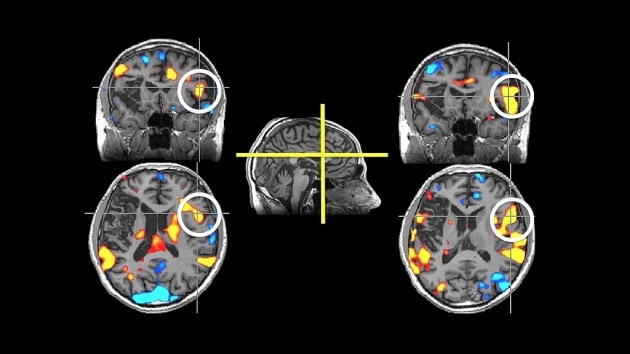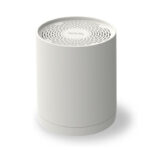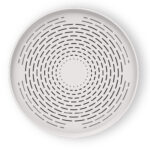Pollution ages the brain

The link between particulate matter and reduction of brain volume

Pollution can alter our brain and to date we have scientific evidence of a correlation between exposure to high concentrations of fine dust and the reduction of brain volume.
Atmospheric particulate matter, the set of pollutants suspended in the air we breathe, has harmful effects on the respiratory tract, but can also affect brain health.
In fact, there is a link between daily exposure to high levels of pollution and a decrease in brain volume similar to that caused by accelerated aging.
Several studies have been carried out on this case.
Beth Israel Deaconess Medical Center in Boston

Researchers at Beth Israel Deaconess Medical Center in Boston, affiliated with Harvard Medical School in Massachusetts, examined the brains of 900 healthy adults aged 60 or older living in New England and the United States with MRI. The brain images were compared with data on pollution levels from the cities of origin. It was found that an increase of 2 micrograms per cubic meter in the average of fine particulate matter (2.5 millionths of a meter thick) in the air is associated with a 0.32% decrease in brain volume, «the loss that is recorded in a year of brain aging,” said Elissa H. Wilker, one of the authors of the study. The same amount of particulate matter appears to be correlated with a 46% higher probability of experiencing silent strokes, vascular events that patients do not notice, but which contribute to a worsening of cognitive functions and the risk of dementia.
University of Southern California

From research published in the journal “Annals of Neurology”, it emerges that researchers at the University of Southern California discovered that over time, greater exposure to air pollution in a group of elderly women without dementia led to to a significant decrease in the white matter of their brains. The researchers looked in particular at exposure to fine dust. These particles, about 36 times smaller than a grain of sand, can enter the lungs and travel into the bloodstream, causing serious health damage. The researchers estimated the air pollution exposure of a group of 1,400 elderly women over 7 years. They found that those exposed to an increase of 3.49 micrograms of particulate matter per cubic meter of air experienced a decrease in the volume of white matter, as if their brains had aged a year or two more than normal.
University of Modena and Reggio Emilia

An Italian study has linked exposure to pollutants and possible damage to the brain, in particular to memory and the onset of degenerative diseases such as dementia. A team of researchers from the University of Modena and Reggio Emilia analyzed the link between air pollution and brain decay. There are already numerous studies that have investigated the negative effects of smog and polluted air on our health, but this is the first study specifically concerning the effects of pollution on the hippocampus, the area of the brain related to cognitive functions and memory short and long term. The authors of the study relied both on the neuro-epidemiological studies published to date on this topic and on advanced statistical meta-regression techniques. It emerged that fine particles (in particular fine particulate matter PM2.5) are associated with a significant reduction in the volume of the hippocampus, with consequent decline in mnemonic abilities and with an increased risk of developing neurodegenerative diseases such as dementia.
Pollution and children

When we inhale fine dust, it travels along a path from our noses directly to our brain. This results in inflammation, the body’s natural response to pathogens. Over time, however, this inflammation can lead to a wide range of chronic diseases.
In recent years, several studies in various areas of the world have shown that elderly people living in polluted places seem to lose mental abilities more rapidly, showing more symptoms of early dementia and developing Alzheimer’s disease at a higher rate than those who breathe air. cleaner. Children living in places with heavy smog have also shown signs of brain trauma. In fact, the resulting problems are not only of a respiratory nature but we must also take into account neurological damage, cognitive difficulties, neuro-behavioral and psychiatric disorders and autism. Children are the most defenseless people against pollution since they are in the womb. The pollutants deposited in the respiratory tract can reach the central nervous system causing neurological damage especially in children whose brain is not yet fully developed and therefore more vulnerable. According to a study conducted in Barcelona, greater cognitive difficulty and neuro-behavioral disorders, including autism, were observed in primary school pupils where pollution is greater. Poor air quality is a serious danger that must be addressed as soon as possible in an absolute emergency. Knowing what we breathe and making sure it is healthy air is the first step to take to prevent these problems.







